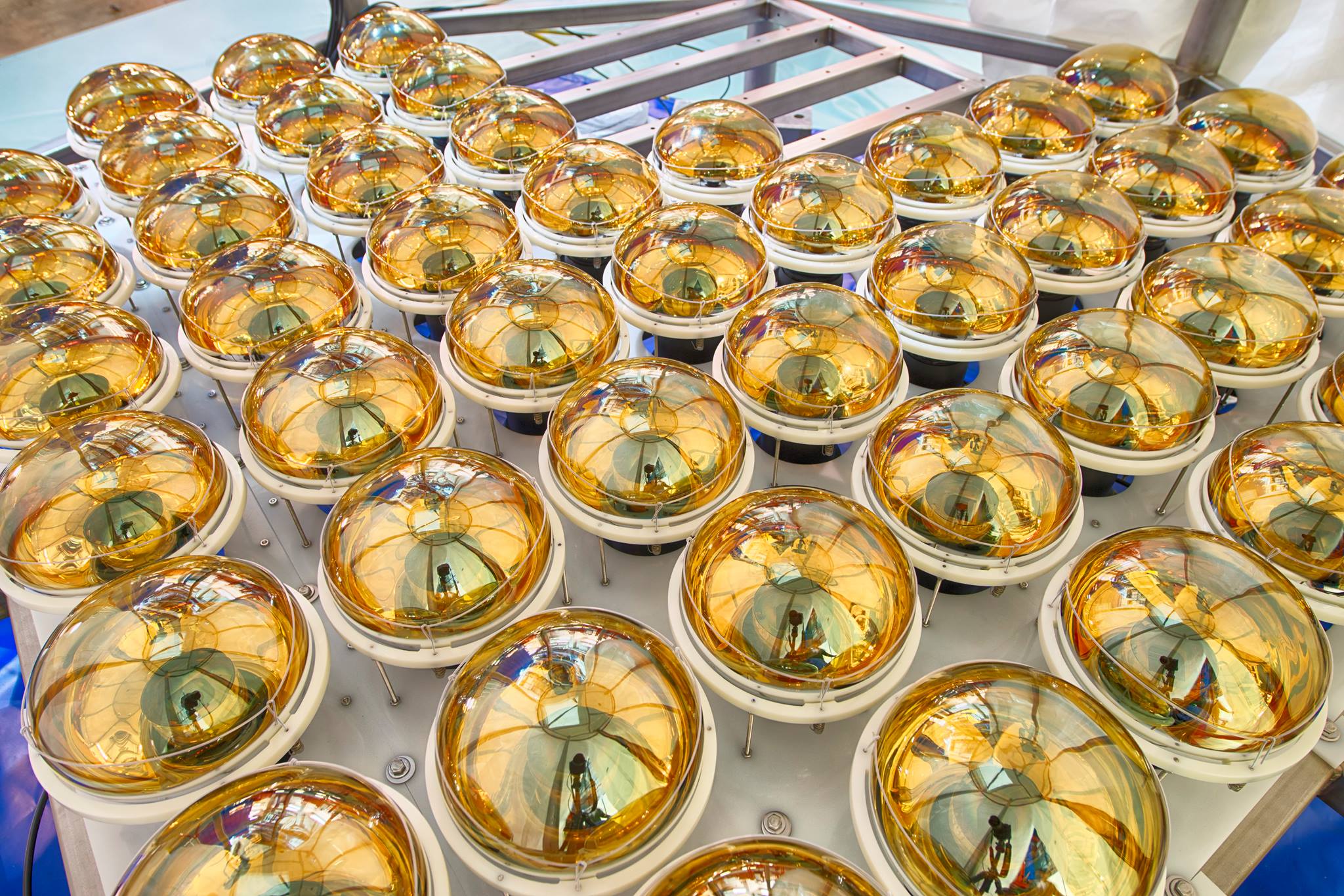About Our Group
IIT Kanpur established the Experimental Neutrino Group in 2022. Currently, we are working on two experiments based at Fermilab: The experiments includes Deep Underground Neutrino Experiment (DUNE) and Accelerator Neutrino-Nucleus Interaction Experiment (ANNIE).
The primary goal of DUNE is to study neutrino oscillations and measure the matter-antimatter asymmetry phase δCP in the leptonic sector. ANNIE focuses on measuring neutrino-nucleus cross-sections, particularly neutron multiplicity in neutrino interactions.
The IIT Kanpur Neutrino Group is primaraly working to understand neutrinos—tiny, nearly invisible particles that travel through the universe. Based in the Department of Physics at the Indian Institute of Technology Kanpur, we use experiments and theoretical studies to explore the basic nature of matter and the universe. One of our primary goals is to measure CP violation in neutrinos, a key step toward answering one of the most fundamental questions in physics: Why does our universe consist of matter rather than antimatter?

The Accelerator Neutrino Neutron Interaction Experiment (ANNIE) is a specialized 26-ton water Cherenkov detector situated at Fermilab, positioned along the Booster Neutrino Beam (BNB). Although modest in scale compared to typical particle physics experiments, ANNIE is designed to achieve significant scientific milestones. Its primary aim is to pioneer the development of future-generation neutrino detectors by incorporating cutting-edge photodetectors and innovative experimental methodologies. A central focus of the experiment is to measure the number of neutrons produced in the aftermath of neutrino-nucleus interactions. These measurements will offer crucial insights into the complex nuclear dynamics governing such interactions and will play a key role in reducing major systematic uncertainties in upcoming long-baseline neutrino oscillation studies
